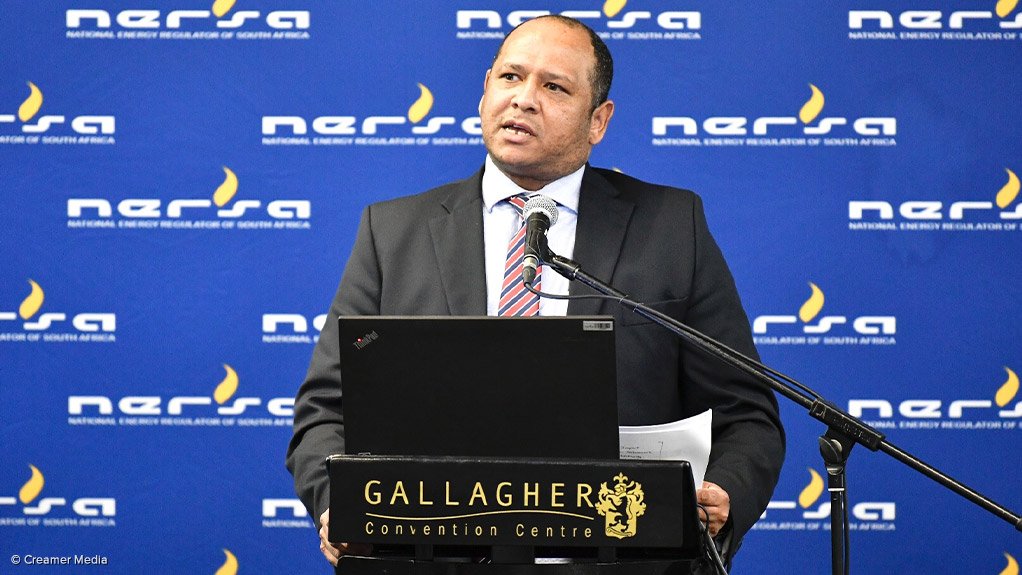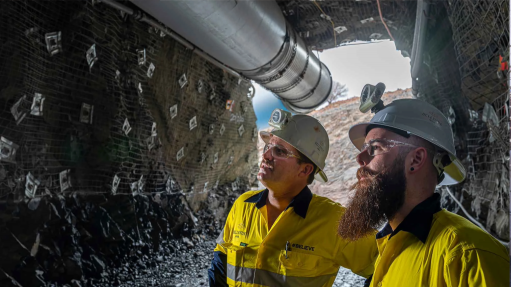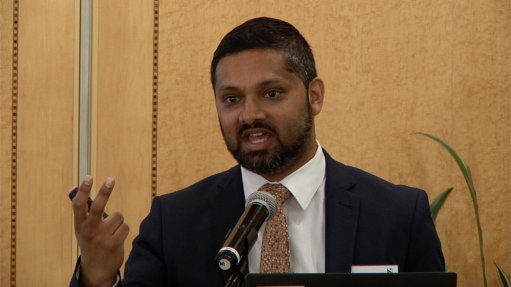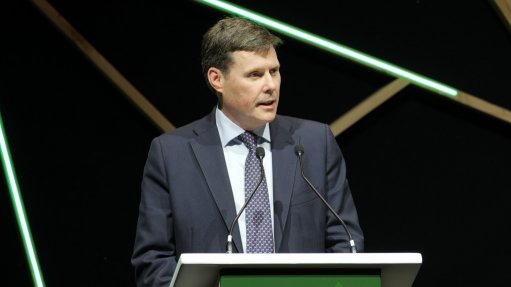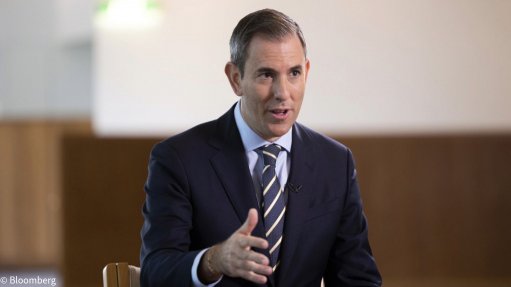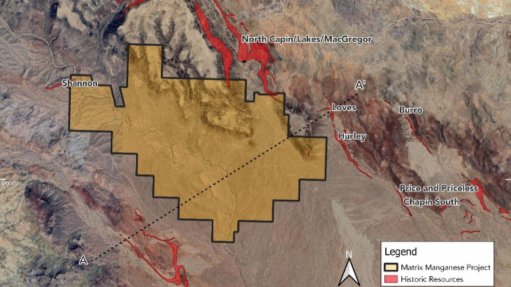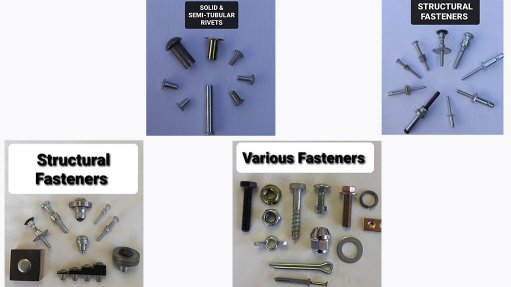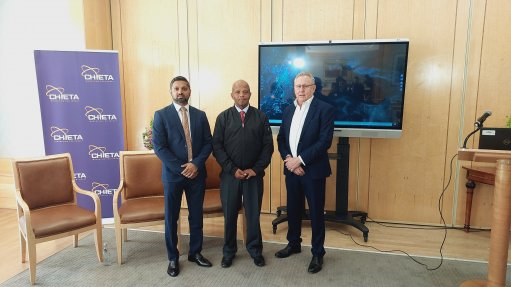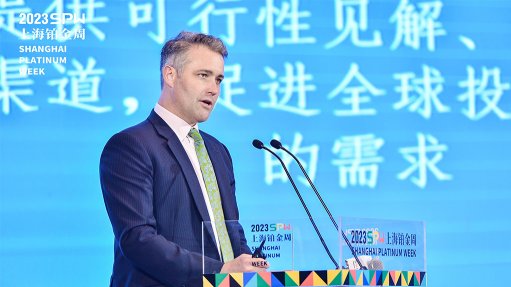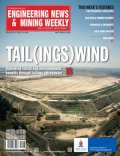Eskom seeks R16.9bn for diesel as it ups assumed OCGT load factor to 12%
Eskom is requesting the National Energy Regulator of South Africa (Nersa) to approve diesel costs of R16.9-billion for its upcoming financial year in line with a material upward revision in the assumed load factor of its diesel-fuelled open cycle gas turbines (OCGTs) from 5% to 12%.
The increase is designed to accommodate a steep reduction in the expected energy availability factor (EAF) from the State-owned utility’s coal-dominant fleet, which has been reduced to 59%.
In Eskom’s original fifth multiyear price determination (MYPD5) application, submitted in June last year, the assumed EAF was 72%, which was lowered to 62% in January during Nersa’s adjudication of Eskom’s 2023 tariff request.
The regulator is currently hosting public hearings into Eskom’s application for a 32% tariff hike for the 2024 financial year, followed by a 9.74% increase for 2025.
Nersa granted the utility a 9.6% increase in January for the 2023 financial year, which began on April 1, against an Eskom request for a 20.5% hike.
The diesel costs in the application before Nersa represent a significant increase on the R5-billion outlined in January.
CFO Calib Cassim told Nersa on Monday that the change was premised on a 60% increase in the volumes of diesel that Eskom was now expecting to consume next year, together with a 40% increase in the price of the fuel, which had risen sharply following Russia’s invasion of Ukraine.
During the first six months of the current financial year, Eskom has spent more than R7.7-billion on diesel as it resorted to using its OCGT plants intensively to avoid or limit load-shedding.
Rotational power cuts have been implemented for more than 100 days so far in 2022 to close gaps left by the poorly performing coal fleet and the prolonged unavailability of Koeberg Unit 2, which has tripped again following a recent extended maintenance.
Eskom has a R500-million diesel budget remaining, but has already indicated that it expects to spend a similar amount on diesel during the second half of the financial year to the end of March as it has year-to-date.
Overall, Eskom is seeking R101-billion for primary energy next year to cover expected coal costs of R69-billion (slightly down on the R70-billion outlined in January), diesel cost of R16.9-billion, and start-up fuel oil costs of R6.8-billion (more than double the R3.1-billion assumed in January).
Nersa regulatory member Muzi Mkhize questioned Cassim on why consumers should be expected to pay for the additional diesel costs when such costs would not have been incurred had Eskom sustained an EAF of 72%.
In response, Cassim argued that resorting to the OCGT plants as a “last resort” was prudent to reduce the cost to the economy of power interruptions.
Eskom’s application also outlines a large increase in the depreciation allowance, which accounts for 10.67% of the 32% being sought.
The utility argues that the depreciation adjustment arises from an “incorrect” regulatory asset base (RAB) valuation by Nersa in a 2021 tariff decision, whereby the regulator reduced Eskom’s RAB from over R1.2-trillion to about R550-billion.
Eskom subsequently took the RAB aspect of the decision on legal review and a ruling could be made prior to the next Nersa tariff determination.
In total, Eskom is requesting allowable revenue of R351-billion, which includes R15-billion arising from a settlement reached after the Supreme Court of Appeal ordered that the remaining portion of a R69-billion government equity injection, which was found to have been deducted incorrectly from Eskom’s MYPD4 revenue, be recouped.
It also includes an amount of R1.7-billion arising from a R3.4-billion Regulatory Clearing Account amount awarded to Eskom, which had not yet been liquidated.
The Eskom request is facing strong opposition from business and civil society groups, with the Organisation Undoing Tax Abuse (Outa) calling on Nersa during the first day of hearings to limit any increase to the consumer price index.
“If the economy is to recover from Covid, electricity needs to be kept to an affordable level in order to be an economic enabler,” Outa said.
Likewise, Free State Agriculture (FSA) argued that any increases beyond inflation would be “totally unjustifiable”.
“[An above-inflation increase] will have a huge impact on food production and affordability and on the ability of agriculture, and other sectors, to create jobs,” argued FSA, which represents some 3 000 commercial farmers and five major agricultural businesses.
Comments
Press Office
Announcements
What's On
Subscribe to improve your user experience...
Option 1 (equivalent of R125 a month):
Receive a weekly copy of Creamer Media's Engineering News & Mining Weekly magazine
(print copy for those in South Africa and e-magazine for those outside of South Africa)
Receive daily email newsletters
Access to full search results
Access archive of magazine back copies
Access to Projects in Progress
Access to ONE Research Report of your choice in PDF format
Option 2 (equivalent of R375 a month):
All benefits from Option 1
PLUS
Access to Creamer Media's Research Channel Africa for ALL Research Reports, in PDF format, on various industrial and mining sectors
including Electricity; Water; Energy Transition; Hydrogen; Roads, Rail and Ports; Coal; Gold; Platinum; Battery Metals; etc.
Already a subscriber?
Forgotten your password?
Receive weekly copy of Creamer Media's Engineering News & Mining Weekly magazine (print copy for those in South Africa and e-magazine for those outside of South Africa)
➕
Recieve daily email newsletters
➕
Access to full search results
➕
Access archive of magazine back copies
➕
Access to Projects in Progress
➕
Access to ONE Research Report of your choice in PDF format
RESEARCH CHANNEL AFRICA
R4500 (equivalent of R375 a month)
SUBSCRIBEAll benefits from Option 1
➕
Access to Creamer Media's Research Channel Africa for ALL Research Reports on various industrial and mining sectors, in PDF format, including on:
Electricity
➕
Water
➕
Energy Transition
➕
Hydrogen
➕
Roads, Rail and Ports
➕
Coal
➕
Gold
➕
Platinum
➕
Battery Metals
➕
etc.
Receive all benefits from Option 1 or Option 2 delivered to numerous people at your company
➕
Multiple User names and Passwords for simultaneous log-ins
➕
Intranet integration access to all in your organisation



